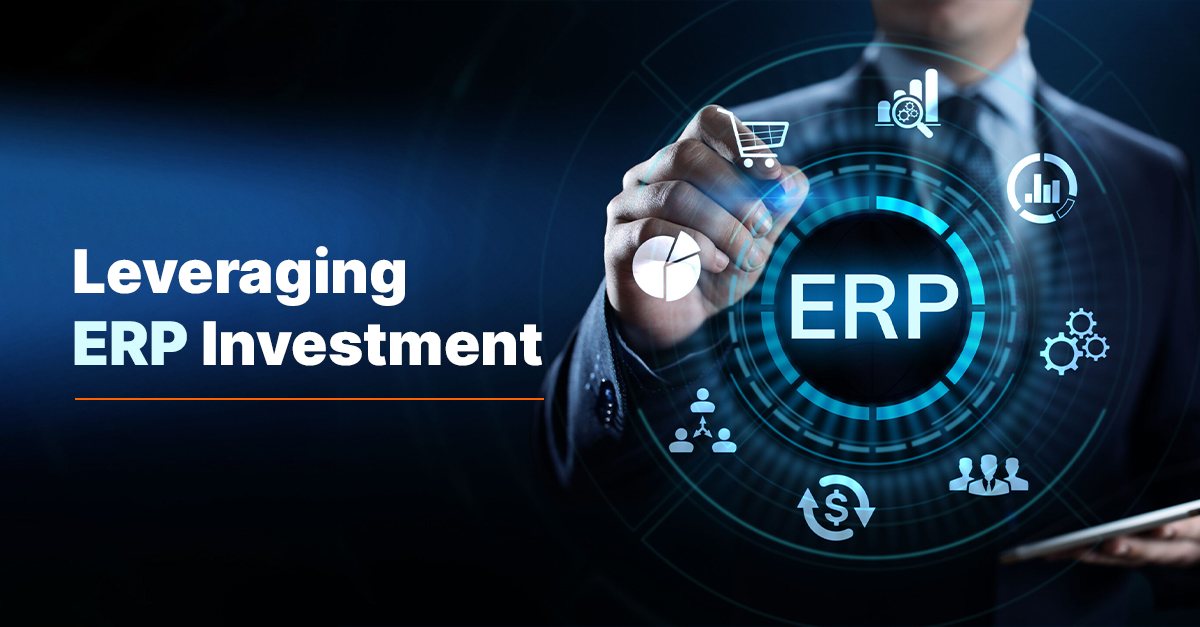Leveraging ERP Investment
Enterprise Resource Planning (ERP) systems are comprehensive software platforms that manage a myriad of business functions including product details, shipping, supply chain logistics, vendor purchase orders, inventory, cash flow, bill of materials, manufacturing schedules, and human resources, among others. While these systems consolidate critical data, the real challenge lies in harnessing this information effectively. This is where ERP integration comes into play, connecting the ERP system with other business applications to streamline data retrieval, consumption, and analysis from a unified source. Such integrations are crucial for enhancing customer service and adhering to accredited accounting standards.
But how do businesses integrate their processes and workflows into an ERP system? This integration is typically achieved through add-ons or through APIs and, in some cases, older methods like flat files. Regardless of the technology, these integrations support robust e-commerce capabilities.
ERP systems can integrate with a variety of platforms, including:
• eCommerce platforms
• Business Intelligence tools
• Product Information Management systems
• Customer Relationship Management (CRM) systems
CRM systems, for instance, are vital for maintaining comprehensive customer records, tracking contact information, transaction history, and identifying future sales opportunities. Linking CRM and ERP systems enables deeper insights and can drive sales increases.
eCommerce platforms, useful for both B2B and B2C sectors, not only showcase products and services but also facilitate transactions and boost brand awareness. Integrating these platforms with ERP systems can enhance customer interaction and operational efficiency by allowing customers to:
• Track ERP order statuses online
• Pay invoices online
• Interact with customer service representatives (CSRs) for service requests
• Reduce errors typically introduced through phone orders
• Have CSRs resolve issues, like stuck carts, effectively
Selecting the right integration partner is crucial. It ensures a low-cost, high-return implementation and avoids potential drawbacks like inadequate returns on investment (ROI) or technical issues due to a lack of necessary skills within the team. Furthermore, leveraging ERP investments through enhanced reporting and analytics can reveal operational inefficiencies and bottlenecks, allowing for more informed decision-making and improved business performance.








There are no comments yet.